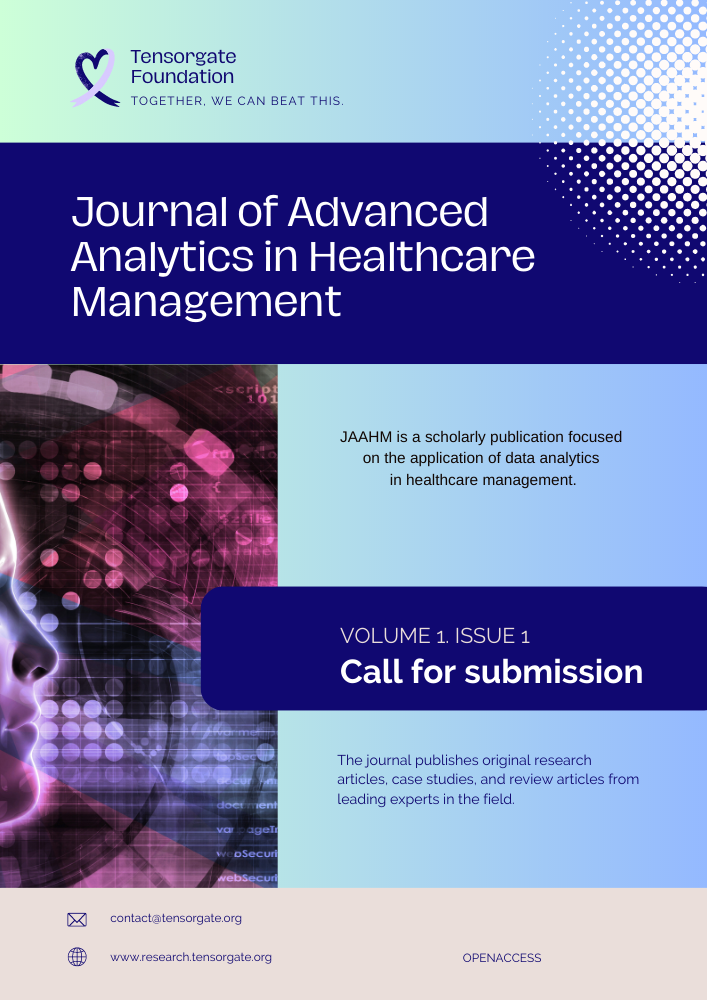Blockchain Technology in Healthcare: A Review of Applications and Implications
Keywords:
Analytics, Blockchain, Healthcare, Information management, Privacy, SecurityAbstract
Blockchain technology has the potential to transform the healthcare industry by providing secure, transparent, and efficient data storage and sharing. This study aims to review the literature on the applications of blockchain in healthcare. Six major applications of blockchain technology were identified through the review: electronic health records (EHRs), clinical trials, drug supply chain management, medical research, patient consent management, and insurance claims processing. The use of blockchain technology in EHRs can improve data management and sharing while maintaining patient privacy. Clinical trials can benefit from blockchain's transparency and security features, ensuring that data is accurate, secure, and tamper-proof. Blockchain can help track the movement of drugs from the manufacturer to the patient, ensuring that drugs are genuine and not counterfeit. Medical research can be accelerated with secure sharing of medical research data. Blockchain can also improve patient consent management, where patients can give explicit consent for the use of their data, and this consent can be recorded immutably on the blockchain. Finally, blockchain can streamline the insurance claims process by providing a secure and transparent platform for claims processing. Blockchain technology has the potential to revolutionize many aspects of the healthcare industry. However, there are still challenges to be addressed, such as regulatory and legal issues, interoperability, and scalability. Future research should focus on addressing these challenges and exploring the full potential of blockchain technology in healthcare.

